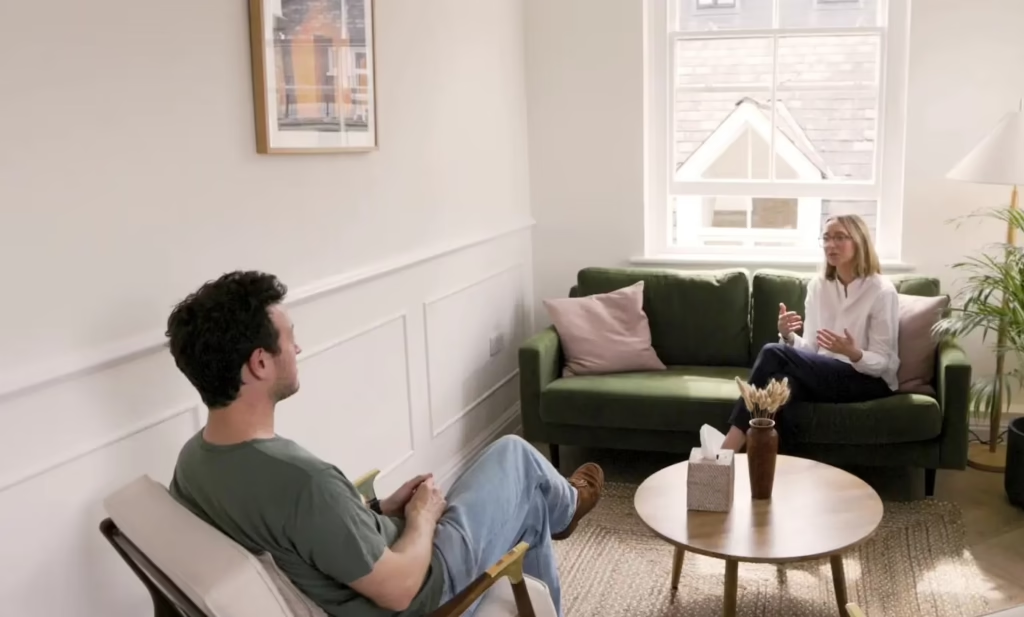What Is Grief?

Grief is a natural response to loss, whether through bereavement, the end of a relationship, loss of health, or other major life changes. It can bring powerful and often unexpected waves of emotion. For some, grief feels raw and overwhelming; for others, it is quieter but no less heavy, showing up as numbness, disconnection or fatigue.
Grief can affect many parts of life, including:
- Sadness, yearning or emptiness
- Shock, disbelief or denial
- Anger, guilt or regret
- Changes in appetite, sleep or energy levels
- Difficulty concentrating or functioning day-to-day
- A sense of disconnection from others or from life
- Feeling like life has lost meaning or direction
Everyone’s experience of grief is unique. There is no “right” way to grieve, and there is no fixed timeline.
How Can Therapy Help?
Therapy provides a safe and compassionate space to talk about your loss, make sense of your emotions and find ways of coping. It does not aim to “fix” grief or rush you through it, but rather to walk alongside you as you find your way through.
Therapy can help you to:
- Express your grief in a safe, non-judgemental space
- Process feelings of guilt, anger or regret
- Understand how your loss is affecting your life and relationships
- Find ways to stay connected to the person or thing you have lost
- Build coping strategies for daily life
- Begin to rebuild a sense of meaning and direction
What Approaches Might Be Used?
Our psychologists use evidence-based therapies tailored to your needs, such as:
- Cognitive Behavioural Therapy (CBT): helps with overwhelming thoughts and behaviours that may complicate grief, such as self-blame or avoidance
- Compassion Focused Therapy (CFT): supports you in treating yourself with kindness and easing feelings of shame or guilt
- Acceptance and Commitment Therapy (ACT): helps you acknowledge your loss while reconnecting with what gives life meaning
- Eye Movement Desensitisation and Reprocessing (EMDR): can be especially helpful if the loss involved trauma or sudden, distressing events
- Internal Family Systems (IFS): supports the different parts of you that may be grieving in different ways — for example, a sad part, an angry part or a protective part
- Cognitive Analytic Therapy (CAT): helps identify and work with relational patterns that may be shaping your experience of grief and connection
Together, you and your psychologist will consider which approach or combination feels most appropriate.
Is Therapy Right for You?
Therapy may be helpful if you are:
- Feeling overwhelmed by sadness, numbness or emptiness after a loss
- Struggling with guilt, anger or regret connected to your bereavement
- Finding it difficult to talk about your loss with friends or family
- Experiencing traumatic or intrusive memories of the loss
- Feeling stuck in your grief or disconnected from life around you
- Wanting a safe and supportive space to remember, reflect and heal
At Seven Lion Yard, we recognise that grief is deeply personal. Our aim is not to remove your grief but to support you in carrying it, making sense of it and slowly finding a way forward that feels gentler and more bearable.
